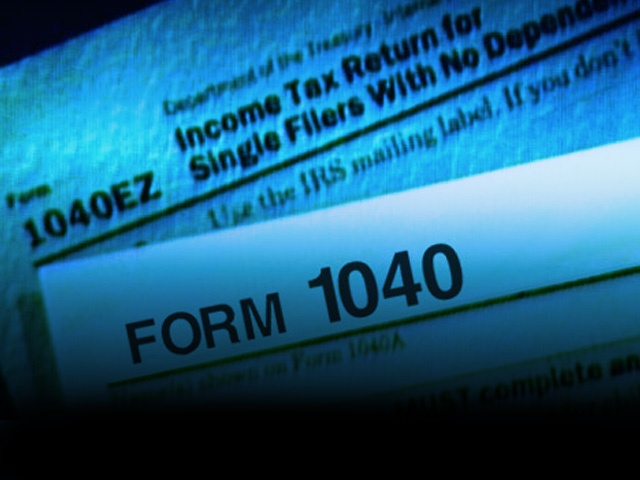Tax collector bonds protect the public from fraudulent professionals
 Many people have heard that business professionals and elected officials need to be “bonded,” but few understand what the term really means. Government agencies establish surety bond regulations to keep fraudulent or otherwise unethical individuals from getting access to certain jobs.
Many people have heard that business professionals and elected officials need to be “bonded,” but few understand what the term really means. Government agencies establish surety bond regulations to keep fraudulent or otherwise unethical individuals from getting access to certain jobs.
Tax collecting officials are elected and/or hired to assess and collect taxes on behalf of different government agencies. Although they are expected to serve the public, some tax collectors choose to behave unethically. Tax collector bonds essentially function as a financial guarantee that tax collectors will perform their duties according to law.
So what’s a tax collector bond, anyway?
A tax collector bond is a specific type of surety bond, which is a risk mitigation tool that acts as a legally binding contract. Each tax collector bond that’s executed involves three entities:
- The principal is the tax collector who purchases the bond as a financial guarantee of work to be done.
- The surety is the insurance company or specialty surety agency that issues the bond as a financial guarantee of the tax collector’s ability to complete duties appropriately.
- The obligee is the entity that requires the principal to purchase a bond as a way to deter fraud and potential financial loss.
When a bonded tax collector breaks governing laws, the bond’s obligee or other harmed party can make a claim on the bond to recover what was lost as a result of the tax collector’s negligence.
How do tax collector bonds offer protection?
Tax collector bonds provide an array of protection that varies depending on a bond’s technical language. They generally guarantee that tax collectors and their affiliates will manage money appropriately and perform related duties legally and ethically. Tax collector bonds also cover liability in the case of uncollected taxes. With the help of tax collector bonds, citizens are assured that the local government is making an effort to provide the public with ethical tax collection services.
How do Missouri tax collector bonds work?
The Taxation Division of the Missouri Department of Revenue regulates tax collectors in the state. As such, the division requires the state’s tax collectors to provide a surety bond known as “Bond of the Collector/Ex-Officio Collector or Revenue” before they can begin fulfilling their tax collecting duties.
The bond’s penal sum will vary depending on the monetary amount of taxes that a tax collector will collect for a specific jurisdiction. So if a county tax collector is responsible for collecting $500,000 in county taxes, the collector must maintain $500,000 in bond coverage. However, the bond’s language clarifies that the penal sum may not exceed $750,000; otherwise tax collectors would have trouble finding surety providers to issue such large bonds. Furthermore, tax money that’s collected typically decreases significantly as the fiscal year progresses, in which case the bond amount can also be decreased.
As taxpayers, we all want to know that our taxpayer dollars are allocated appropriately rather than being mishandled by corrupt officials. Fortunately, tax collector bonds help do just that by protecting against potentially unruly tax collectors.
This article was provided by SuretyBonds.com, a nationwide surety bond producer. Because the surety industry is often misunderstood, SuretyBonds.com provides educational resources to the general public to help them understand the benefits provided by surety bonds.
















